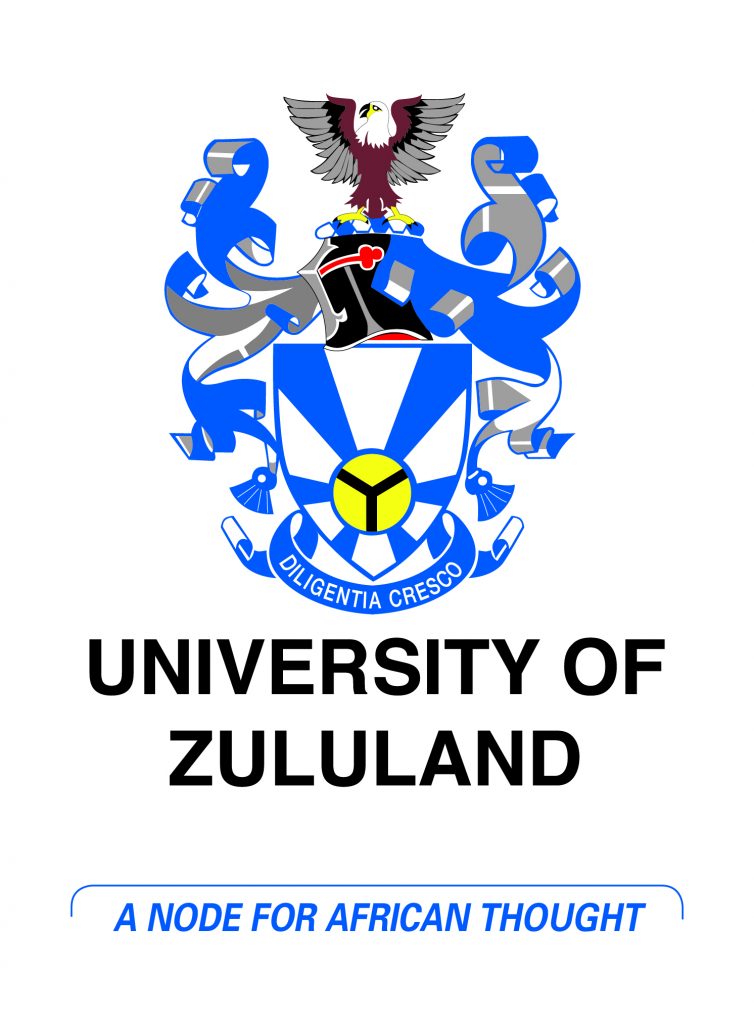Original Research
Can Downsizing Correlate with Community Development? A Complex Adaptive Systems Approach
Inkanyiso | Vol 13, No 2 | a2 |
DOI: https://doi.org/10.4102/ink.v13i2.2
| © 2022 Rosemary B. Coffie, Alimatu Sardiya, Florence Ellis, Eric Akaadom
| This work is licensed under CC Attribution 4.0
Submitted: 07 December 2022 | Published: 01 December 2021
Submitted: 07 December 2022 | Published: 01 December 2021
About the author(s)
Rosemary B. Coffie, Department of Human Resource and Organizational Development, School of Business, Kwame Nkrumah University of Science and Technology, Kumasi, GhanaAlimatu Sardiya, Department of Human Resource and Organizational Development, Kwame Nkrumah University of Science and Technology, Kumasi, Ghana
Florence Ellis, Department of Human Resource and Organizational Development, Kwame Nkrumah University of Science and Technology, Kumasi, Ghana
Eric Akaadom, Akrofuom Senior High School, Ghana
Full Text:
PDF (185KB)Abstract
Studies on retrenchment effects have mostly observed the organisation, the affected, and the survivors, overlooking that of the community. This study explores the effects of involuntary employee retrenchment on community development within the mining sector. Quantitative and qualitative data were gathered for the study by adopting a mixed-method approach using snowball and purposive sampling techniques. To establish the effects of retrenchment on the community, an exploratory factor analysis and content analysis were used, drawing on the philosophies of the complex adaptive systems theory. The findings reveal that retrenched employees suffer a reduction in income and spending. Again, the local community where most affected workers reside suffers major developmental setbacks, mainly due to the non-payment of property and other taxes that are used to develop the community. The study confirms the interconnectedness of organisations and environments: they exist as a confirmation of the complex adaptive systems theory. Again, the revelation of the effects of retrenchment which transfers from the organisation to the affected and the community, contributes to retrenchment studies. The study recommends that management negotiates to establish consensus with stakeholders to follow provisions in the Labour Act relative to retrenchment. Again, retrenched staff should learn other employable skills to aid their re-employment. Although engaging employees who have been retrenched was quite difficult due to their scattered nature, this was managed through the use of snowball sampling. A significant implication for organisations and stakeholders in this study is the fact that retrenchment does not guarantee improved performance and can be costly.
Keywords
downsizing; retrenchment; community development; complex adaptive systems theory; mining sector; Ghana
Metrics
Total abstract views: 900Total article views: 314
